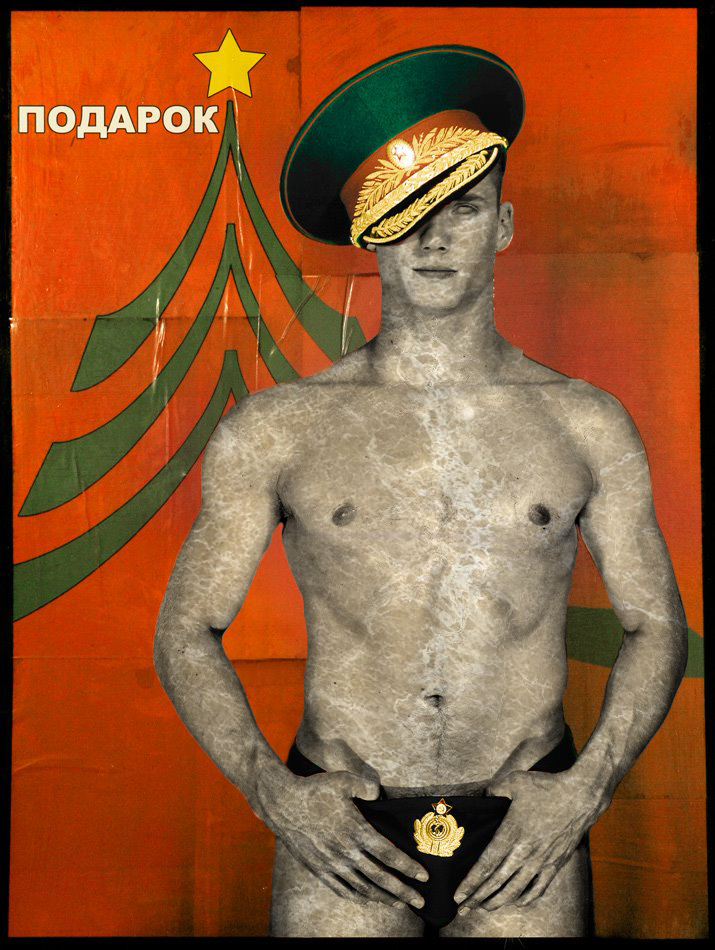


Sbornik: Mathematics is the English translation of the Russian monthly journal Matematicheskii Sbornik.This is the oldest Russian …
Or maybe you want to read Russian books in the original or understand Russian songs?
1994: Jump start. By November 28, NASA and Russian Space Agency established the new assembly sequence reflecting the inclusion of the Mir-2 components.
The primary reasons behind Russia’s meddling in last year’s election, allegedly to boost Donald Trump’s chances of victory, have long been thought to be efforts to improve relations between the two superpowers and to remove sanctions that have hurt the Russian economy. Now, even with Trump
Russian grammar employs an Indo-European inflexional structure, with considerable adaptation.. Russian has a highly inflexional morphology, particularly in nominals (nouns, pronouns, adjectives and numerals).



All your travel needs: Travel and Visa service to Russia, Ukraine, Kazakhstan and other CIS countries. Hotels, tours, Volga river cruises, discounted airfare, fast …
SUCCESSORS OF ROME: RUSSIA, 862-Present. The Church of Rome fell for its heresy; the gates of the second Rome, Constantinople, were hewn down by the axes of the infidel Turks; but the Church of Moscow, the Church of the New Rome, shines brighter than the sun in the whole universe
Patreon allows you to subscribe to a unique course on the history of the Russian Church Abroad and support ROCOR…

Russian has only one present tense. In Russian the present tense is formed by conjugating a verb based on the person doing the talking. A verb will have a different form depending on weather the first, second or third person in talking.



Russian (Russian: ру́сский язы́к, tr. rússkiy yazýk) is an East Slavic language and an official language in Russia, Belarus, Kazakhstan, Kyrgyzstan, and many or unrecognised territories throughout Eurasia (particularly in Eastern Europe, the Baltics, the Caucasus, and Central Asia).